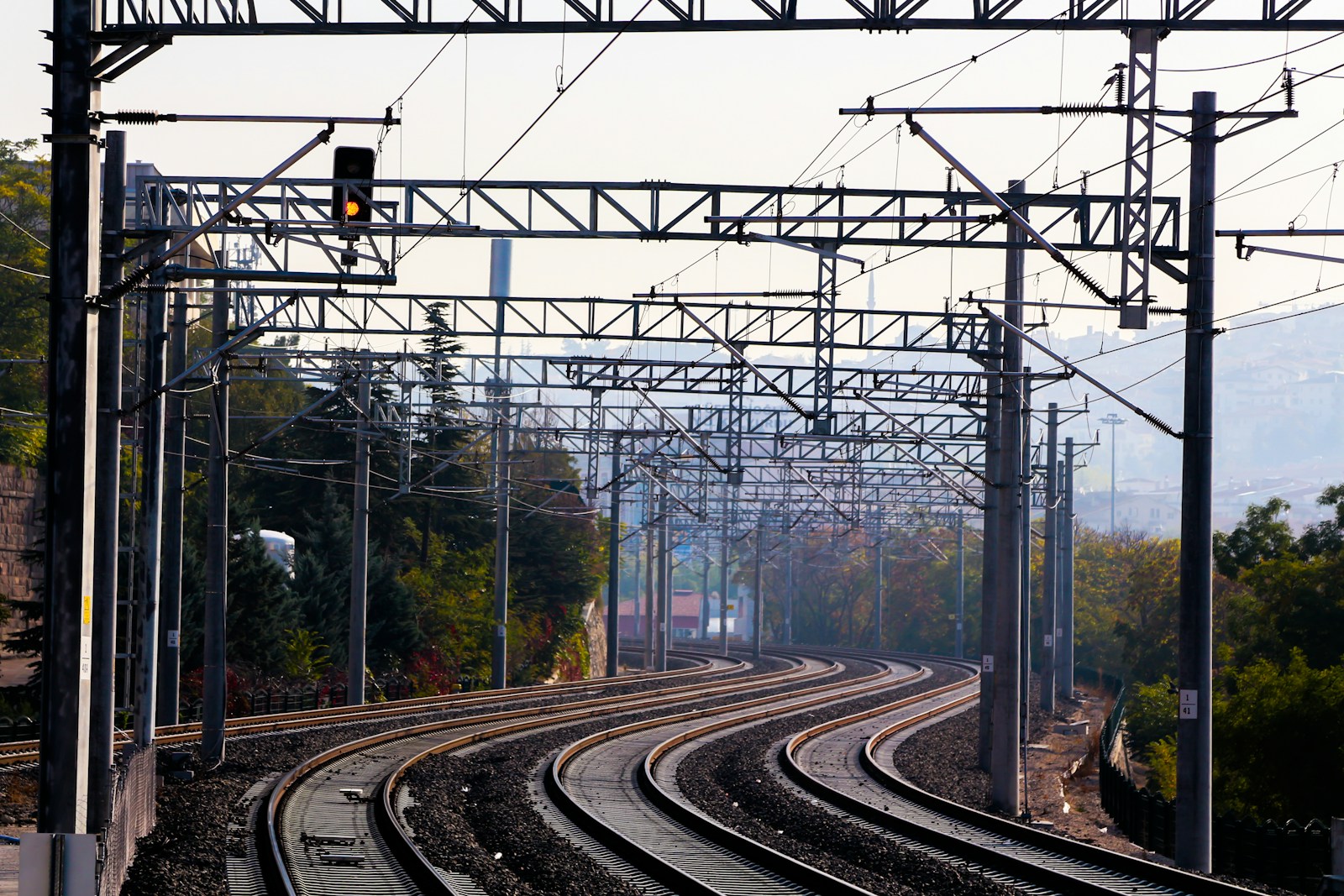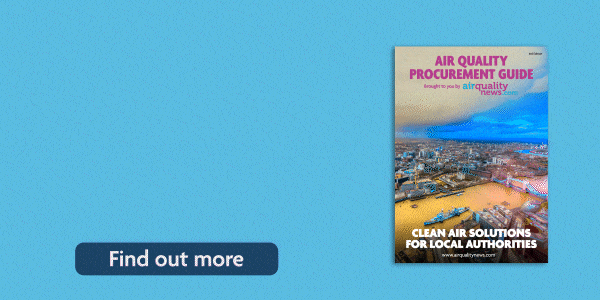The independent body is ‘well placed to support the new government as it refocuses on the challenge of transition.’

A full list of members of the UK’s new Council for Net Zero Transport has now been announced by Zemo Partnership.
Chaired by Lord Deben, former Chairman of the independent Climate Change Committee, the new advisory organisation features a raft of experts in the fields of transport modality, sustainability, environment, climate and emissions. The membership comprises:
- The Rt Hon Lord Deben (CHAIR)
- Professor Jillian Anable, Chair in Transport and Energy, University of Leeds, Institute for Transport Studies
- Elizabeth de Jong, CEO, Fuels Industry UK
- Mike Hawes, CEO, Society of Motor Manufacturers and Traders
- Fiona Howarth, CEO, Octopus Electric Vehicles
- Professor Neville Jackson, Chair, RAC Foundation
- Edmund King OBE, President, Automobile Association
- Cordi O’Hara OBE FEI, President, UK Electricity Distribution National Grid
- Dr Doug Parr, Chief Scientist & Policy Director, Greenpeace UK
- Anne Shaw OBE, Executive Director, Transport for the West Midlands
- Chris Stark, CEO, Carbon Trust
- Martin Tugwell, CEO, Transport for the North
- David Wells, CEO, Logistics UK
- TBC Chair, Local Infrastructure and Net Zero (LINZ) Board, Local Government Association
‘The recent High Court decision that the Carbon Budget Delivery Plan was unlawful underlines the scale of the challenge that will be facing the next Government. Progress on net zero has stalled. In some areas we’ve gone backwards,’ said Lord Deben.
‘Transport is one of the most challenging and complex sectors of the UK economy to decarbonise,’ he continued. ‘It is also responsible for around a quarter of the country’s greenhouse gas emissions. This new Council brings together very experienced people in key positions and with the widest range of perspectives to help us forge an evidence-based, multi-stakeholder consensus.’
Zemo Partnership will oversee the organisation. The non-profit, formerly Low Carbon Vehicle Partnership/LowCVP, brings two decades of experience to guide, advise and oversee the work of the Council. This includes research and development around policies and initiatives needed to accelerate road transport decarbonisation. More than 200 member organisations are now contributing to a delivery roadmap for net zero travel , identifying the best routes to decarbonised UK-wide transportation.
‘Working alongside the Council for Net Zero Transport, we are committed to showing the way as the country transitions to a zero emissions future,’ said Edmund King, OBE, President of the Automobile Association. ‘The AA has recently added new zero emission concept vehicles to our fleet including the UK’s first full electric recovery trucks. This is an important step towards our goal of becoming a net zero company by 2035. We understand there are still considerable challenges ahead for us as a responsible company, for vehicle manufacturers and indeed for individual drivers but we are here to help.’
The Council for Net Zero Transport will convene for a progress report each quarter, with the next scheduled for 3rd September. A broader ‘summit’ will also take place on 3rd October, focused on engaging with Zemo Partnership members to inform proposals and plans. The overall goal is currently to hand a consensus-based blueprint to guide policy decisions at all tiers of government.
‘There is no lack of ambition among the transport sector to move towards a greener future – indeed in the West Midlands we are taking great strides towards our target of a net-zero carbon region within two decades. Our Local Transport Plan is based on the principle of decarbonising our transport and encouraging people to shift from private car journeys to public transport or active travel,’ said Anne Shaw, OBE, CEO at Transport for the West Midlands, and one of the Council members.
‘We have hundreds of electric buses, more miles of tram lines, bus lanes and cycle routes delivered or under development,’ she continued. ‘But we know this may not be enough and we will need Government to get behind us, that is why we joining the Council for Net Zero Transport, pooling our expertise to overcome shared challenges and advise Government so action can be targeted to where it will make the most difference and help us transition towards a net-zero future.’
More on transport:
Shared transport investigation invites disabled views on bikes and escooter schemes
Image: Çağlar Oskay
- SEO Powered Content & PR Distribution. Get Amplified Today.
- PlatoData.Network Vertical Generative Ai. Empower Yourself. Access Here.
- PlatoAiStream. Web3 Intelligence. Knowledge Amplified. Access Here.
- PlatoESG. Carbon, CleanTech, Energy, Environment, Solar, Waste Management. Access Here.
- PlatoHealth. Biotech and Clinical Trials Intelligence. Access Here.
- Source: https://environmentjournal.online/transport/council-for-net-zero-transport-members-confirmed-ahead-of-general-election/

